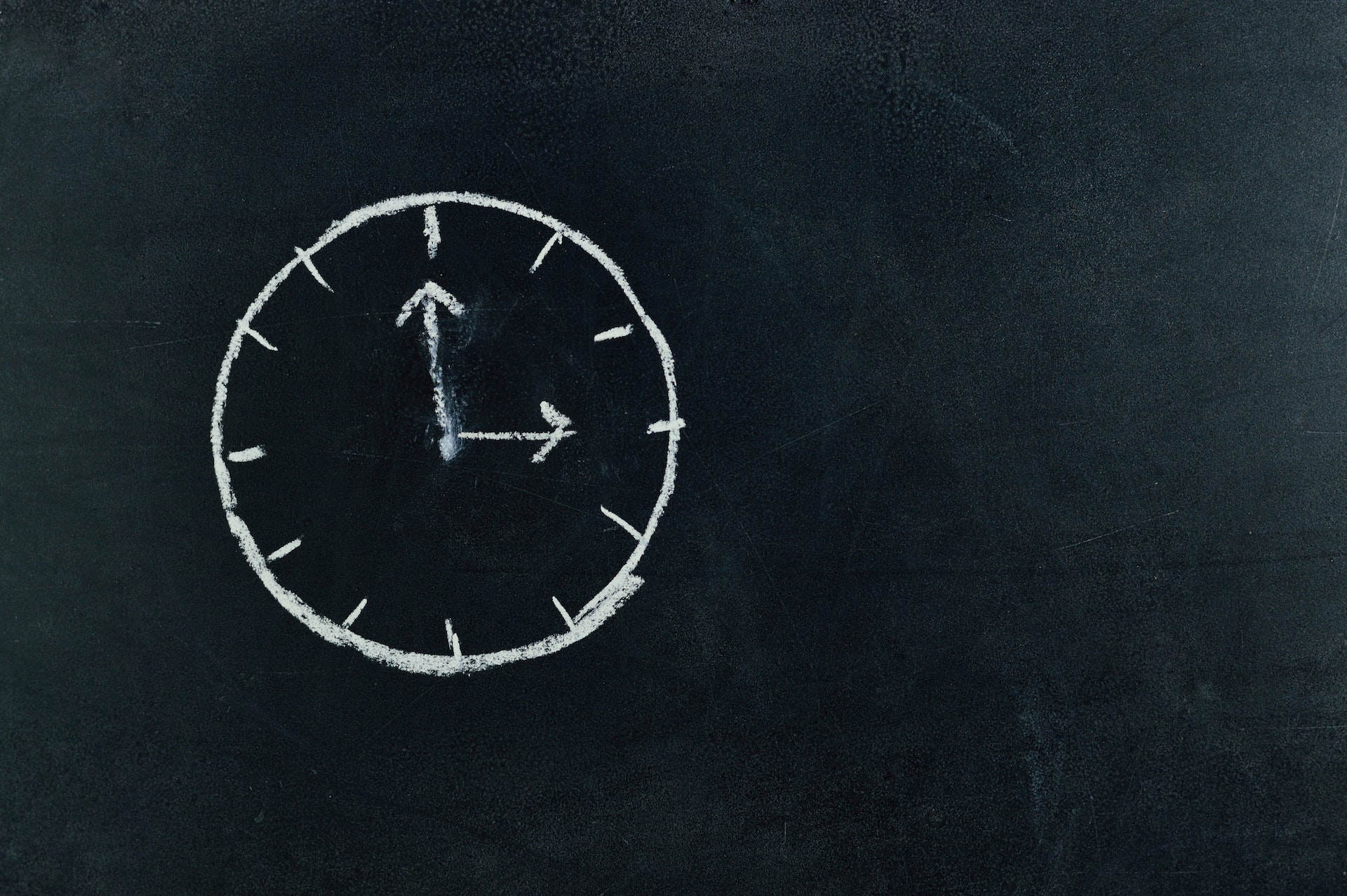Various drugs are used for the treatment of fatty liver, but the axis of therapy is to lose weight and to exercise. A paper is published in Gut magazine where these aspects are discussed.
Traditionally, to achieve weight loss, a low-calorie diet is implemented with limited intake of fructose, ultra-prepared foods and saturated fats. However, there is increasing evidence of the importance of the timing of food consumption.
Avoid snacking between meals
It has been shown that eating food outside of breakfast, lunch or dinner (snacking) or eating more than 5 times a day is associated with weight gain. On the other hand, it is known that up to 30% of the population in Western countries omit breakfast and this has negative repercussions for weight control.
This is because the satiating properties of food decline throughout the day. Eating breakfast fills us up more, which can help minimize caloric intake at the next meal, protecting against weight gain. Also, a high intake of carbohydrates at breakfast is associated with a reduction in carbohydrate intake throughout the day and likewise with fat and protein consumption.
Try not to go to bed right after dinner
On the other hand, there are evidences to suggest that eating as far away from the end of the day as possible can improve metabolic health and it is recommended that the last food be taken no later than 2 hours before bedtime. A study conducted in Spain has shown a relationship between a higher percentage calorie intake at lunch with a lower risk of weight gain. In addition, another study in the United States found that if more than 33% of the calories are consumed at dinner, the probability of developing obesity increases.
This may be due to the rhythmicity of insulin sensitivity (an important factor in not gaining weight) which can be 33% higher in the morning compared to the night, even in healthy people. Also, in studies of overweight people, it has been shown that consuming a strong breakfast is associated with greater weight loss and satiety index compared to those who ate the same calories but at dinner.
In summary, there are eating habits in relation to the timing of food intake that must be taken into account, as Dr. Carreño and the Foundation’s hepatologists do, for the success of the weight-loss diet that must be followed by patients with fatty liver.




